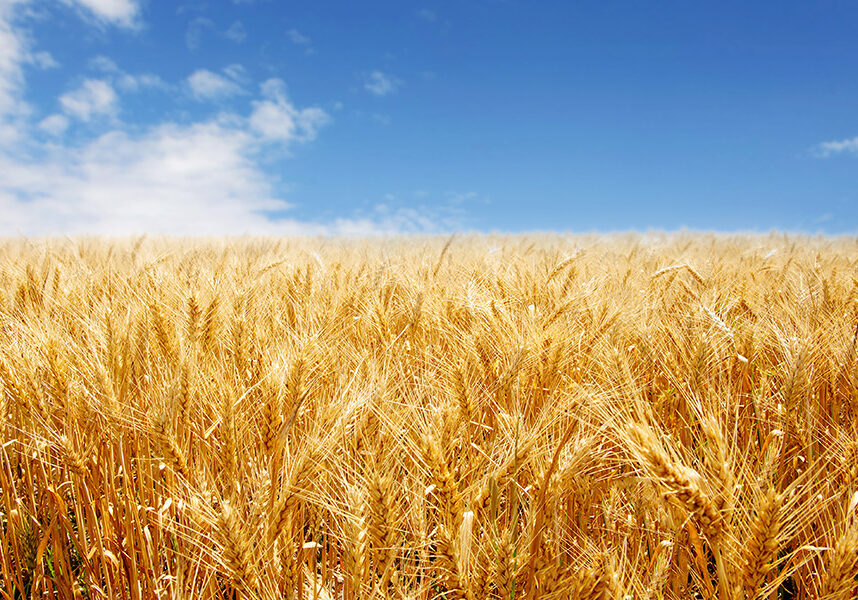
There’s a lot of issues on WAWG’s (the Washington Association of Wheat Growers) agenda right now that need immediate attention—preserving the lower Snake River dams, the disastrous mandatory buffer bill at the state level, keeping conservation efforts voluntary. Those issues are important, obviously, but there’s another issue that I can’t stop thinking about. It’s not new, but it’s one that I think could do irreparable damage over the long term.
As a member-based, volunteer-led organization, WAWG is dependent on the involvement of industry stakeholders. When I go to a meeting and look around, I wonder where the younger generation is. Young farmers tend to bring new ideas, energy and collaboration with their involvement. Young farmers like to see their peers being successful, and I’ve often found that they aren’t afraid to share ideas and help each other out. Back in the “old days,” farmers didn’t share their secrets of farming success. Now, there is a lot of phone calling and texting going on between the younger generation while they are on the tractor, sprayer or combine. They are helping one another while busy, and it’s great to see. Young farmers have taken the lead in this area, and it’s wonderful. I know my own sons aren’t afraid to try new things, and I welcome their ideas and dedication to making changes happen.
I think back to my younger years and why I wasn’t more involved. For me, I didn’t have the time or support. When you are young, the list of obligations is long, from off-farm work—especially when the spouse also works—to raising kids. There just isn’t a lot of extra time in a busy day. But I think getting involved in outside organizations—not necessarily just farming ones—is really important. There are so many state and national issues that could impact our lives, that if people “on the ground” don’t jump in to make their voices heard, those decisions are going to be made by people hundreds of miles removed from the situation. Besides WAWG, I’ve also been involved on our city council, the school board, our local port district and conservation district. In each of those positions, I’ve been able to contribute and feel like I was making a difference.
I don’t think there are any easy answers, but I think it starts with the older generation supporting the younger one. It could be as simple as inviting them to the next WAWG meeting or starting up an email chain to discuss some issue. I think organizations can also improve the way they communicate with young farmers by finding new ways to get information out to them. This is now a tech world, and we need to be able to bring more information and speakers to farmers rather than the other way around. Podcasts are one way to share information that doesn’t take the farmer out of the field or away from their young families. My son-in-law, who is a Washington State University graduate, a member of AgForestry and an agronomist, is doing great things with podcasts right now and working on getting information out to the industry and the farmers. He is young, passionate and excited to help as many as he can.
I’d like to hear from you. Younger farmers, what’s stopping you from being involved? What can we—older farmers and/or organizations—do to encourage your participation? You can email your thoughts to editor@wawg.org.












